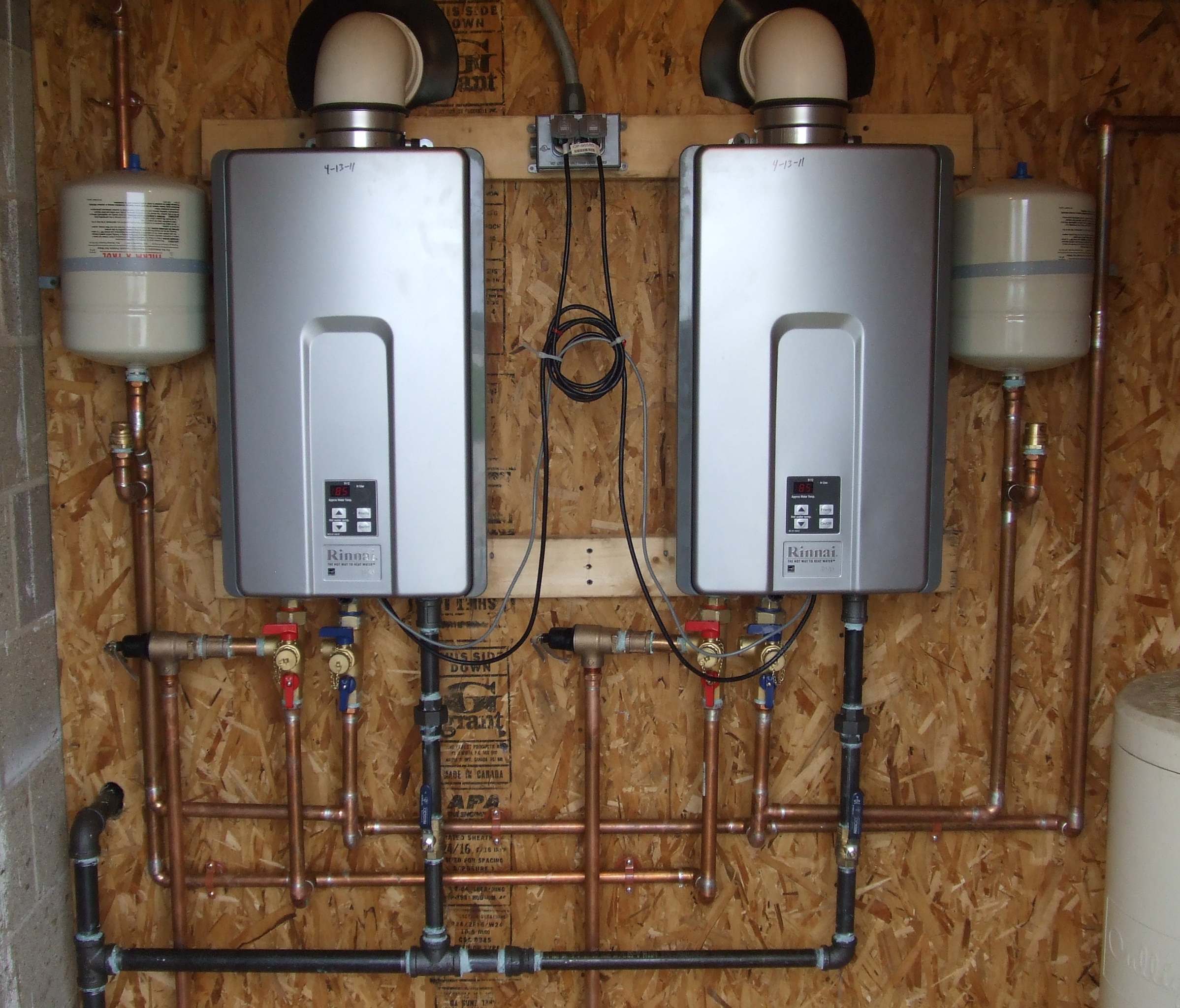Your Guide To Common Problems
Your Guide To Common Problems
Blog Article
This great article following next about Water Heaters Problems is totally informative. Read it for your own benefit and figure out what you think about it.

Think of starting your day without your routine warm shower. That already establishes a bad tone for the rest of your day.
Every residence requires a dependable hot water heater, however just a few understand just how to handle one. One easy method to maintain your hot water heater in leading shape is to look for faults regularly and repair them as quickly as they appear.
Remember to turn off your water heater before sniffing about for faults. These are the water heater faults you are most likely to experience.
Water too warm or as well cold
Every hot water heater has a thermostat that identifies exactly how hot the water obtains. If the water coming into your home is as well hot regardless of setting a hassle-free optimum temperature, your thermostat could be malfunctioning.
On the other hand, too cold water might be due to a fallen short thermostat, a broken circuit, or incorrect gas flow. For example, if you use a gas hot water heater with a busted pilot burner, you would obtain cold water, even if the thermostat is in ideal condition. For electrical heating units, a blown fuse might be the wrongdoer.
Not enough hot water
Hot water heater been available in numerous dimensions, relying on your warm water needs. If you run out of warm water prior to everybody has had a bath, your water heater is as well tiny for your family size. You should take into consideration installing a bigger water heater container or going with a tankless water heater, which takes up much less room and also is a lot more resilient.
Unusual noises
There are at the very least five sort of sounds you can learn through a water heater, however one of the most common interpretation is that it's time for the water heater to retire.
Firstly, you must recognize with the typical sounds a water heater makes. An electric heating system might seem different from a gas-powered one.
Popping or banging sounds generally imply there is a piece of debris in your tanks, and also it's time to cleanse it out. On the other hand, whistling or hissing noises might simply be your valves allowing some pressure off.
Water leakages
Leakages can come from pipes, water links, valves, or in the worst-case circumstance, the storage tank itself. Over time, water will certainly rust the tank, and also discover its escape. If this happens, you need to replace your hot water heater as soon as possible.
Nevertheless, prior to your modification your entire container, be sure that all pipes remain in place which each shutoff functions perfectly. If you still require help determining a leakage, call your plumber.
Rust-colored water
Rust-colored water suggests one of your hot water heater parts is rusted. Maybe the anode pole, or the storage tank itself. Your plumber will certainly be able to determine which it is.
Warm water
Regardless of just how high you set the thermostat, you won't get any type of hot water out of a heating system well past its prime. A water heater's performance may minimize with time.
You will also obtain warm water if your pipelines have a cross link. This indicates that when you activate a tap, warm water from the heating system flows in together with routine, cold water. A cross connection is simple to area. If your warm water taps still run after shutting the water heater shutoffs, you have a cross connection.
Discoloured Water
Rust is a significant cause of unclean or discoloured water. Rust within the water storage tank or a falling short anode pole might trigger this discolouration. The anode pole shields the storage tank from rusting on the inside and need to be inspected annual. Without a rod or an effectively working anode rod, the hot water quickly corrodes inside the container. Get in touch with a professional water heater technician to figure out if changing the anode rod will certainly take care of the issue; otherwise, replace your hot water heater.
Conclusion
Ideally, your water heater can last ten years prior to you need a modification. Nevertheless, after the 10-year mark, you might experience any one of these mistakes a lot more consistently. At this point, you must add a new water heater to your budget.
How To Troubleshoot 3 Common Water Heater Problems in Twin Cities
The Water Heater Is Leaking
A leaky cold water inlet valve A loose pipe fitting A leaky temperature and pressure relief valve A corroded anode rod A cracked tank Turn Off Your Water Heater:
Shut off your gas water heater by turning the gas valve on the unit to the “OFF” position. Shut off your electric water by switching its power off at your electrical panel. Look for a two-pole breaker labeled “water heater” and turn it to the “OFF” position. Move the ball valve connected to the water heater to be perpendicular to the piping at a 90° angle. Look for the Leak:
Depending on whether the water is coming from the tank's top or bottom, you’ll want to look for the leak in different locations.
If the leak comes from the top of the tank, carefully look for water escaping from the cold water inlet valve or loose pipe fittings. Rusted hot and cold water valves can have loose connections with the tank, with water leaking out of them.
https://mspplumbingheatingair.com/blog/how-to-troubleshoot-3-common-water-heater-problems
As a devoted person who reads on Common Problems with Tank Water Heaters, I assumed sharing that excerpt was beneficial. Those who enjoyed reading our article plz do not forget to share it. Many thanks for your time. Visit us again soon.
Quick and efficient? Ring us! Report this page